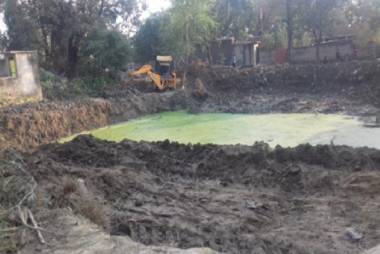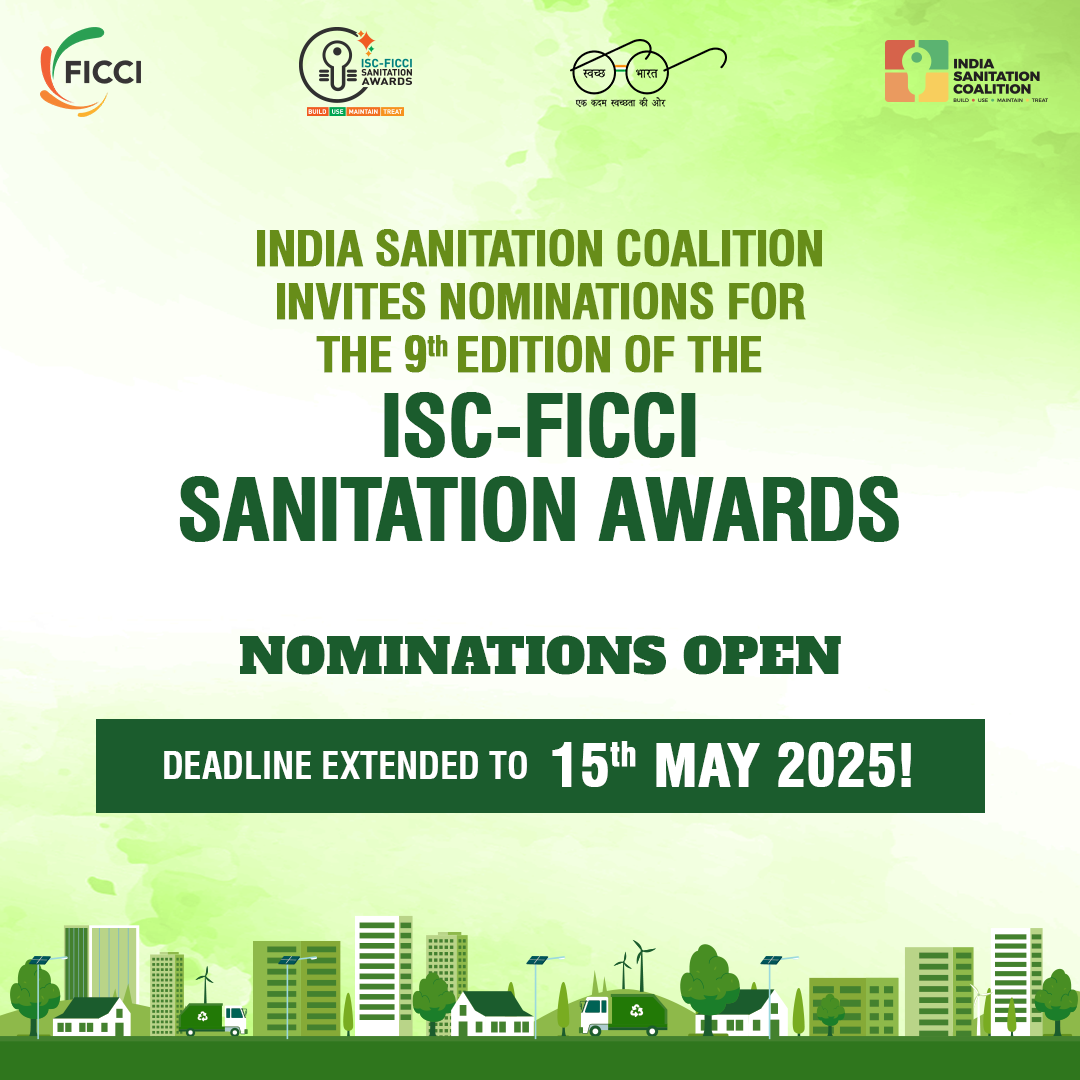6 UP GPs are being transformed into model villages
Article Published On: 09 March 2023
 As a part of the Lighthouse Initiative, Aga Khan Foundation (AKF) is supporting the Government of Uttar Pradesh to transform the Gram Panchayats of Basantpur, Jagdishpur Sokha, Kajiyapur, Bakshi ka Talab, Ahmadpur Jat, and Pure Adhari across the districts of Lucknow, Sitapur, Shrawasti, Behriach, and Barabanki in the State into model ODF Plus villages.
As a part of the Lighthouse Initiative, Aga Khan Foundation (AKF) is supporting the Government of Uttar Pradesh to transform the Gram Panchayats of Basantpur, Jagdishpur Sokha, Kajiyapur, Bakshi ka Talab, Ahmadpur Jat, and Pure Adhari across the districts of Lucknow, Sitapur, Shrawasti, Behriach, and Barabanki in the State into model ODF Plus villages.
Light House Initiative is an emerging model to adequately manage solid and liquid waste in rural India. It is being implemented by the Department of Drinking Water and Sanitation (DDWS) in collaboration with India Sanitation Coalition (ISC) at FICCI, along with selected corporates and implementation partners. The novel initiative comes under Phase-II of the Swachh Bharat Mission Grameen (SBM-G) which is all about appropriately managing all types of waste. The idea is not only to clean villages but create pathways for rural households to augment incomes and new livelihood prospects while meeting the requirements of the Sustainable Development Goals.
For starters, with a view to catalysing the process, a state-level meeting was held with all stakeholders, comprising senior government officials of SBM-II, ISC representatives, corporates, and implementation partners. At the meeting, detailed instructions were issued to all the participating districts.
This paved the way for both AKF and SBM-G teams to commence working together to develop those panchayats into model villages. It began with community meetings to assess the situation and emphasise the need for appropriate management of solid and liquid waste among participants. Thereafter, village surveys were conducted to identify the gaps and requirements of infrastructure and technological solutions. This provided a clear understanding of the types and quantities of waste being generated, as also the existing managerial practices. During this process, participatory techniques were employed for community engagement at all levels – right from planning to implementation.
SBM (G) Phase-II has been uniquely designed to leverage funds and establish seamless convergence among different verticals of financing and schemes of Central and State governments. Apart from budgetary allocations from the Department of Drinking Water and Sanitation (DDWS) and the corresponding state share, remaining funds are being dovetailed from the 15th Finance Commission (FC) grants to rural local bodies, Mahatma Gandhi National Rural Employment Guarantee Scheme (MGNREGS), Corporate Social Responsibility (CSR) funds, in addition to related revenue generation models. Building upon the findings of the survey and the potential availability of resources, comprehensive plans for developing model villages were developed.
